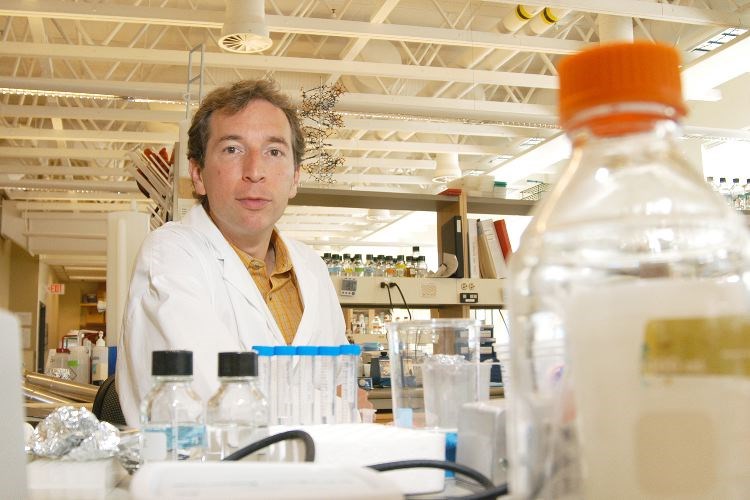Researchers at the University of Northern British Columbia (UNBC) have made a long sought-for technical breakthrough in gene splicing that has potential long-term implications for the struggle to understand genetic disorders, such as cystic fibrosis, spinal muscular atrophy, and certain types of dwarfism.
The results of their research will be presented at the Western Canada RNA Conference (RiboWest) hosted by UNBC on Monday and Tuesday. The work was a component of the master's project of recent UNBC grad Amy Hayduk who hails from the Nass Valley in B.C.
"We have discovered that a region of an RNA molecule (known as U4) that was previously thought to play no role in gene splicing is, in fact, essential for assembling the splicing machinery," said UNBC chemistry professor Stephen Rader, in whose lab the research was conducted.
See the full story in tomorrow's print and online editions.


